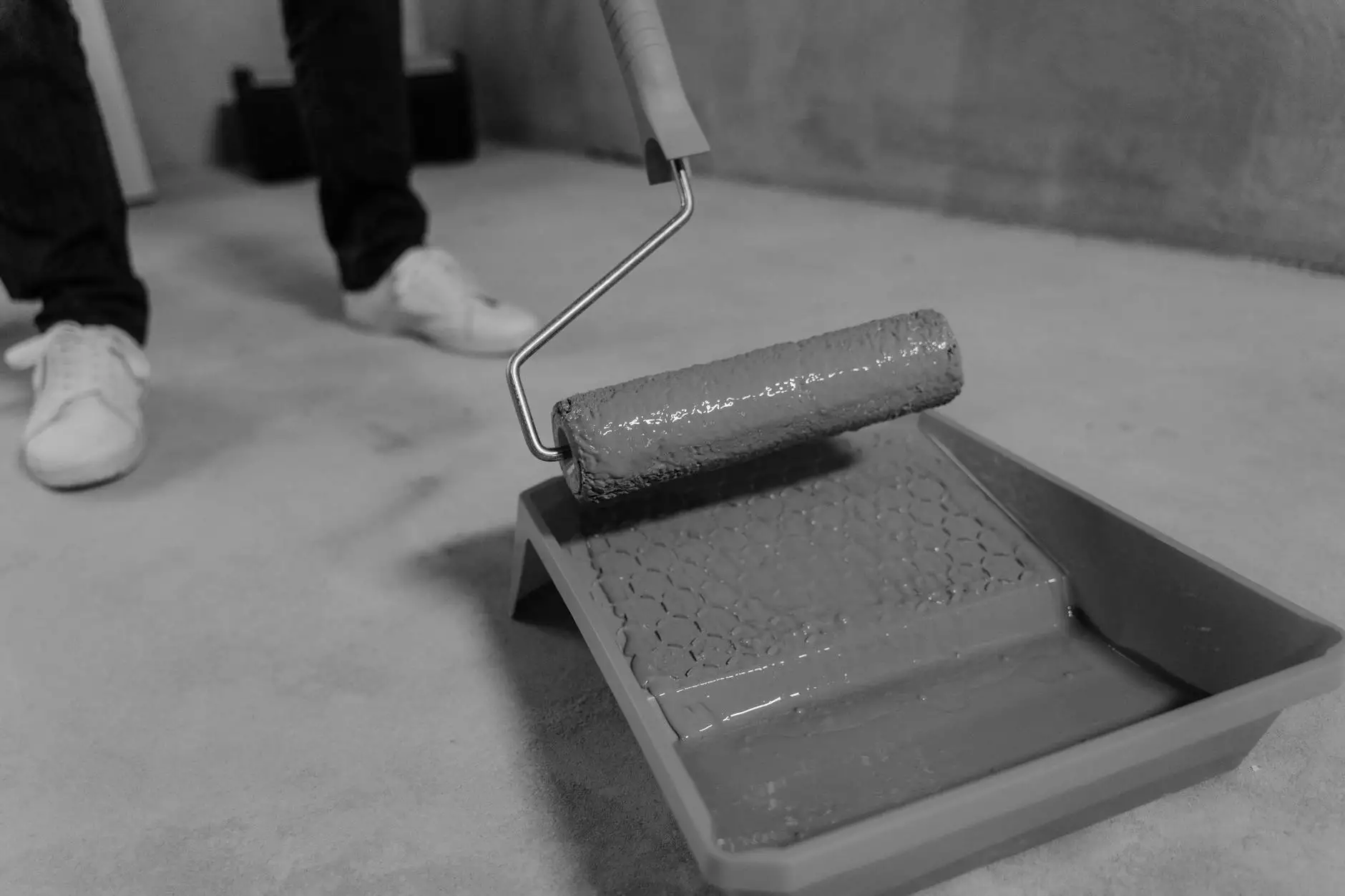The Importance of Quality Plastic Surgery Instruments

The field of plastic surgery is continuously advancing, leading to an increasing demand for quality plastic surgery instruments. These innovative tools play a crucial role in ensuring that surgical procedures are not only effective but also safe for patients. In this comprehensive article, we will explore the significance of high-quality instruments in the realm of plastic surgery, their impact on patient outcomes, and the future of these essential tools in healthcare.
Understanding the Role of Quality Instruments in Surgery
Quality instruments are vital in any medical field, particularly in plastic surgery where precision is paramount. The term quality plastic surgery instruments encompasses various tools designed specifically for intricate procedures such as aesthetic surgeries, reconstructive surgeries, and trauma surgeries.
Advantages of Using Quality Instruments
- Precision: High-quality instruments provide superior control, which is essential when operating on delicate tissues.
- Safety: Well-manufactured tools minimize the risk of complications and ensure patient safety.
- Durability: Quality instruments are built to last, resulting in better cost-effectiveness for medical facilities.
- Enhanced Outcomes: The use of precise instruments directly correlates with improved surgical results.
The Materials Behind Quality Plastic Surgery Instruments
The materials used to create surgical instruments significantly affect their performance and longevity. High-end plastic surgery instruments are typically made from metals such as stainless steel, which offer excellent strength, corrosion resistance, and ease of sterilization.
Furthermore, advancements in technology have introduced more materials like titanium and carbon fiber, which enhance performance in specific applications. The manufacturing processes—including forging, machining, and heat treatment—play a pivotal role in determining the quality of these instruments.
Key Categories of Plastic Surgery Instruments
Quality plastic surgery instruments can be categorized into several types, each serving a different function in surgical procedures:
- Scalpels: Designed for making incisions with precision.
- Scissors: Essential for cutting tissues and sutures, available in various styles for specific applications.
- Forceps: Used for grasping and holding tissues, they come in many shapes and sizes.
- Needle Holders: Necessary for suturing, providing a firm grip on the needle.
- Drains and Tubes: Used for wound management post-surgery, ensuring optimal healing.
Importance of Sterilization and Maintenance
Maintaining the integrity of quality plastic surgery instruments is paramount. Sterilization is essential to prevent infections and ensure the safety of surgical procedures. The following practices should be adhered to:
- Routine Sterilization: Instruments should be sterilized after every use using autoclaving or chemical methods.
- Proper Handling: Minimizing wear and tear during transportation and usage helps maintain instrument quality.
- Regular Inspections: Ongoing assessments for damage or wear can prevent complications during surgery.
Choosing the Right Supplier for Plastic Surgery Instruments
Selecting a reliable supplier for quality plastic surgery instruments is essential for healthcare facilities. Key considerations include:
- Certification: Ensure that the supplier adheres to international quality standards and certifications.
- Reputation: Research supplier reviews and customer testimonials to gauge reliability.
- Product Range: A good supplier should offer a comprehensive range of surgical instruments for various procedures.
- Customer Service: Excellent support can significantly enhance the purchasing experience and maintain ongoing relationships.
The Impact of Technology on Plastic Surgery Instruments
The incorporation of technology in manufacturing quality plastic surgery instruments has transformed the field. Advancements such as 3D printing, robotic assistance, and smart materials are paving the way for enhanced surgical tools.
3D Printing: Revolutionizing Instrument Customization
3D printing technology allows for the customization of surgical instruments to fit a surgeon's specific needs. This means that instruments can be tailored to individual patient anatomies, increasing the precision and effectiveness of surgical procedures.
Robotic Surgery and Instrument Demand
The emergence of robotic-assisted surgeries has highlighted the need for high-quality instruments that can perform complex tasks with precision. These instruments are designed to work in harmony with robotic systems, providing unparalleled control and accuracy.
Challenges in the Plastic Surgery Instrument Market
Despite the advancements, the market for plastic surgery instruments faces challenges such as:
- Cost Factors: High-quality instruments come at a premium, impacting the budget of healthcare providers.
- Training Needs: With advanced technology, ongoing training for surgeons and staff becomes crucial.
- Regulatory Compliance: Adhering to stringent health regulations can be a hurdle for instrument manufacturers.
Future Directions for Plastic Surgery Instruments
The future of quality plastic surgery instruments is promising, with continuous innovation likely to enhance surgical capabilities. Trends to watch include:
- Increased Use of Biodegradable Materials: Sustainability is becoming more critical, and the shift towards biodegradable surgical instruments can help reduce environmental impact.
- Enhanced Smart Technologies: The integration of AI and machine learning into surgical instruments to assist surgeons in real-time plays a significant role in the future of surgery.
- Tele-surgery: The rise of telemedicine will likely influence how surgical instruments are designed and used, focusing on remote capabilities.
Conclusion
In summary, the importance of quality plastic surgery instruments cannot be overstated. As the healthcare industry evolves, these instruments play a crucial role in enhancing surgical procedures, ensuring patient safety, and improving outcomes. By investing in quality, healthcare providers can ensure they are well-equipped to meet the demands of modern plastic surgery.
For healthcare facilities looking to purchase quality plastic surgery instruments, visiting reputable suppliers like new-medinstruments.com is essential. They offer a range of high-quality instruments that align with the latest advancements in the medical field.









